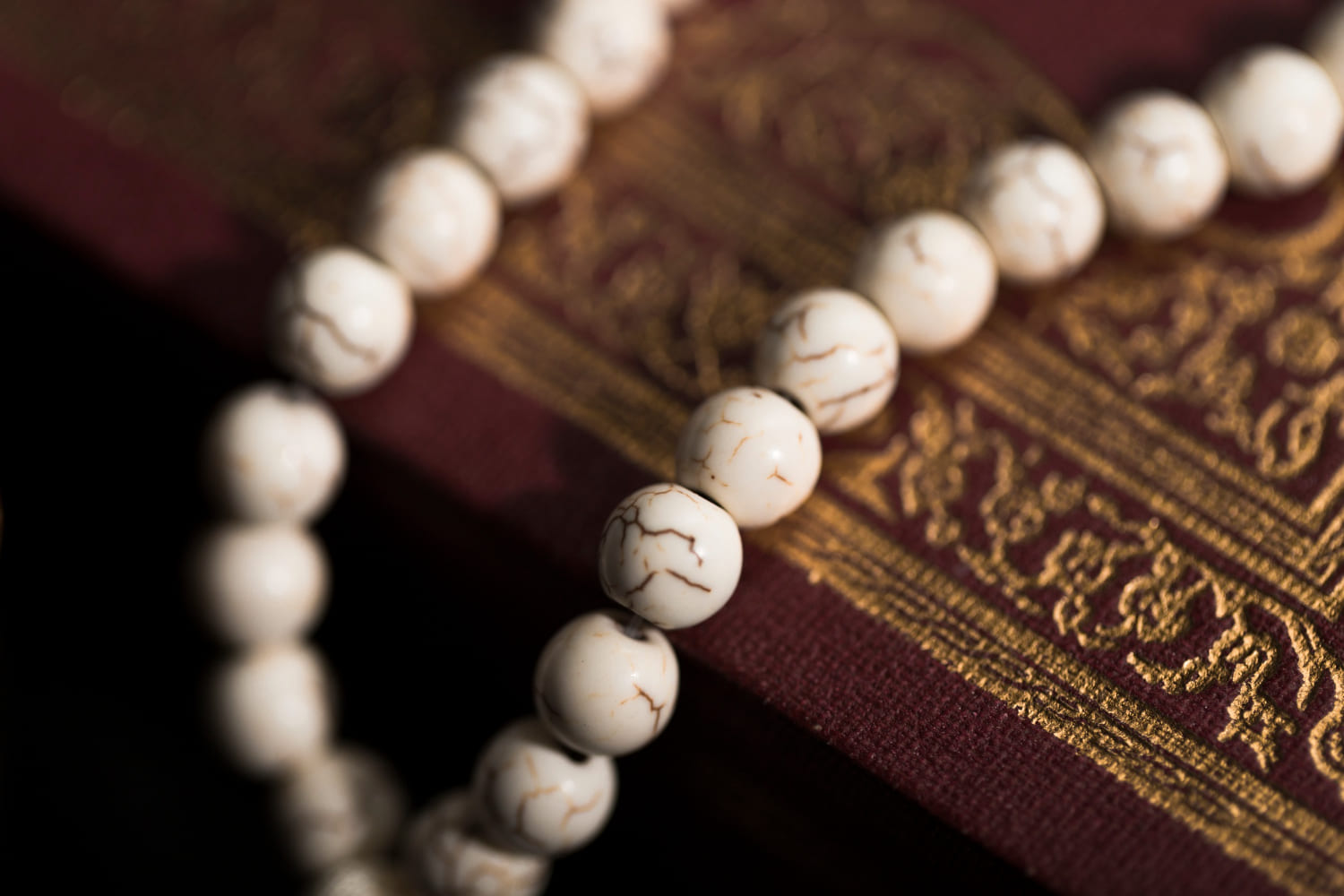Beliefs about the afterlife are at the center of theology for many religions. However, despite the emphasis on this topic and the frequency of the debate, there are many differing views on the afterlife.
Yes, Jews believe that an afterlife exists. In all sects of Judaism, it is agreed upon that God decides what will happen to each soul after death and that there are ways to impact this decision during Earthly life.
However, as one of the oldest world religions, Judaism is made up of different branches with varied beliefs on many things, including the afterlife.
Read on to learn more about specific Jewish beliefs regarding the afterlife.
Core Jewish Beliefs About Afterlife
The Torah and the Talmud
All branches of Judaism base their belief system upon the Torah, which is an ancient and sacred text. The Talmud is a collection of interpretations of the Torah.
Both are sacred texts that make up the Jewish belief system.
The Torah refers to the afterlife as “Olam Ha-Ba” and references it as two separate domains: one place where the righteous will go to be reunited with their loved ones, and another place where the sinners will go and be isolated.
These two places are called Gan Eden and Gehinnom, respectively.
Olam Ha-Ba
The Hebrew word Olam Ha-Ba means “The World to Come,” which is the term used to refer to the afterlife. Jewish people believe that all people will advance to Olam Ha-Ba, but will not necessarily have equal positions in this eternal world.
They view our Earthly lives as a “waiting room,” where God is watching and judging the actions of all people in order to place each one in their respective eternal Olam Ha-Ba positions.
Gan Eden
Jewish faith believes that Gan Eden (or what other religions may refer to as “Heaven”) is a place where God sends the righteous, or those who have followed his laws and commands during their time on Earth.
Gan Eden can be translated as the “Garden of Eden,” which is a place also found in Christian theology.
However, the name does not represent the physical Garden of Eden, but a place of perfection and bliss where they will be reunited with loved ones.
Gehinnom
Gehinnom is the opposite of Gan Eden. It is a place of punishment and isolation, where God will send the wicked and the sinners.
However, Judaism states that Gehinnom is not necessarily an eternal fate. Depending on the merit of one’s choices on Earth, it is possible to leave Gehinnom after a certain amount of time.
Non-Jewish People
But what about the non-Jewish? Where would they be placed in the afterlife? The Torah does not specifically state that non-Jews are excluded from Gan Eden, but they would also not be considered righteous.
To be righteous, one must be upholding the Jewish laws and traditions. So, according to Jewish theology, non-Jewish people would most likely be sent to Gehinnom after their death.
Varied Beliefs about the Afterlife
Orthodox Judaism
Orthodox Judaism is the oldest and most traditional sect of Judaism. They uphold all laws, customs, and beliefs of the Torah, and this includes their theology on the afterlife.
Orthodox Jews are set apart from other Jewish sects in that, only do they believe in the existence of Gan Eden and Gehinnom as a part of the afterlife, but they also believe in an Earthly resurrection.
This resurrection will take place as part of the afterlife, and it is a time when the righteous dead will return in their original physical bodies.
Because of this belief, they do not allow cremation, organ transplants and autopsies, as it is their custom to preserve unaltered bodies after death.
Reform Judaism and Conservative Judaism
Reform Judaism, or the more recently developed Conservative Judaism, primarily differ from Orthodox Judaism in laws and customs, but also in beliefs on the afterlife.
Like Orthodox Jews, Reform and Conservative Jews believe that the soul continues on after death, while the body remains on Earth.
However, they reject the Orthodox theology of a Resurrection, and they therefore allow cremation and other body alterations after death.
Summary
Jews do believe in an afterlife – in fact, it is a cornerstone of Jewish theology. The belief that choices on this Earth will define their soul’s eternity in the afterlife is very impactful for many Jewish people.







